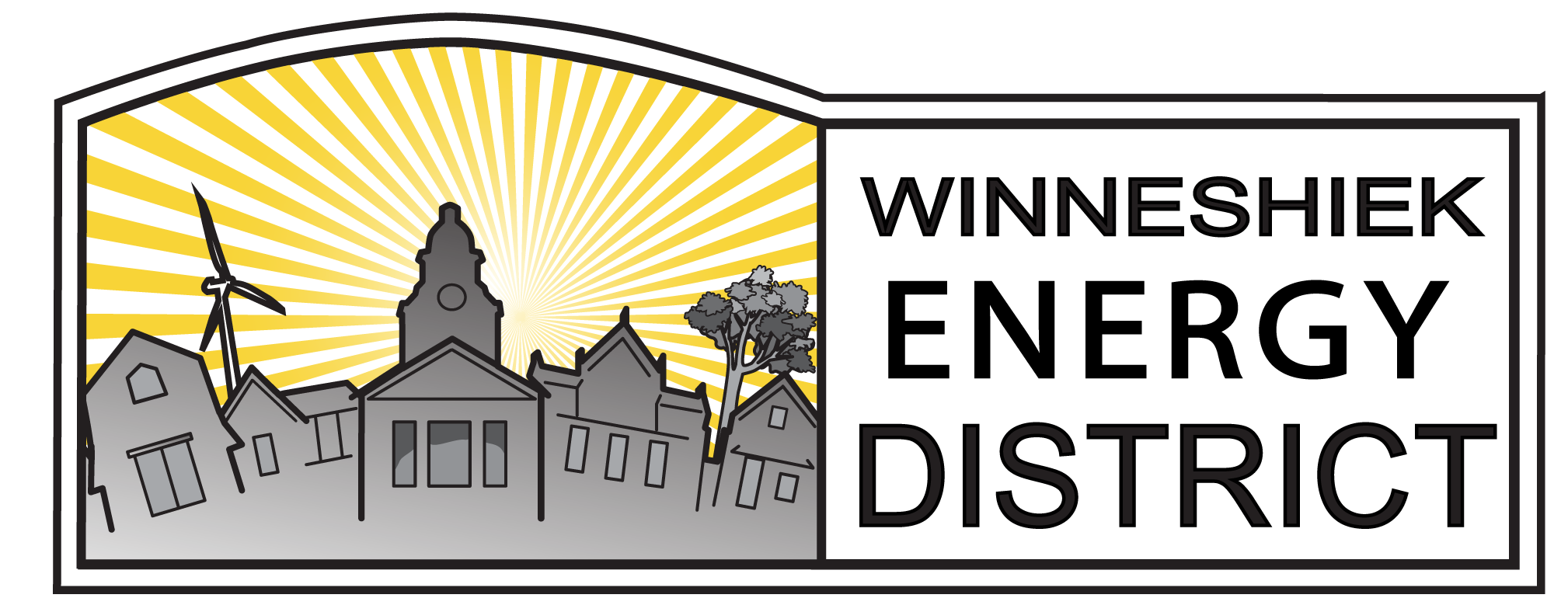Energy Efficiency: Act Now or Lose $$$
Andy Johnson, Executive Director
Have energy efficiency projects been on your should-do list for a long time, but not quite made the HONEY-DO list? Consider acting now to take full advantage of financial incentives, because many of those incentives will not be available come January 1, 2018.
How do we know this? The utility lobby – especially Alliant and MidAmerican – designed, fought for and won passage of a “Christmas tree” energy bill (SF2311) in the recent legislative session. The bill includes some deregulation of utility monopolies, allows discriminatory charges against solar customers in some cases, and most importantly, drastically reduces the scope and impact of legislatively mandated, rate-payer funded energy efficiency programs.
The American Council for an Energy Efficient Economy provides an excellent summary and national perspective of the Iowa bill in their blog “Iowa Takes Huge Step Backward On Energy Efficiency, While Other States Move Ahead”. Meanwhile, here are a few specifics, to emphasize the importance of acting now on your own projects:
- Caps to natural gas efficiency programs (all utilities) represent roughly 70-80% reductions and cuts of over $40 million, meaning many parts of the programs will be eliminated altogether
- Caps to electric efficiency programs represent cuts of over $50 million, and while Alliant programs be reduced less than MidAmerican, other factors come into play, including …
- New versions of “cost-effectiveness tests” required in the legislation may eliminate portions of the programs even beyond the hard spending caps
- Investor-owned utilities are allowed to design programs that allow any customer to “opt out” of paying for and thus participating in the programs, which could make the programs so unwieldy they become unviable or enter a “death spiral” scenario, and
- Consumer-owned utilities (co-ops and municipals) are now not required to offer efficiency programs at all, and many may be eliminated
Why? Utilities are rarely fans of energy efficiency programs because they reduce the sales of their principal product. Legislators shepherding the bill claimed the small surcharge we all pay on utility bills to fund the efficiency programs is a “hidden tax”.
In reality, the efficiency programs are required by law to be cost-effective and have been highly successful. They have kept hundreds of millions of dollars in customer pockets, and their loss will only increase the giant sucking sound of energy dollars flowing out of Iowa communities, year after year.
This Energy District web page summarizes the tremendous benefits of energy efficiency to Iowa customers and communities, and also provides links to the utility rebate programs. Whether home, farm, business, or institution, we strongly suggest you start your project planning TODAY and ensure implementation is complete and all incentives applied for from your utility by the end of 2018.
